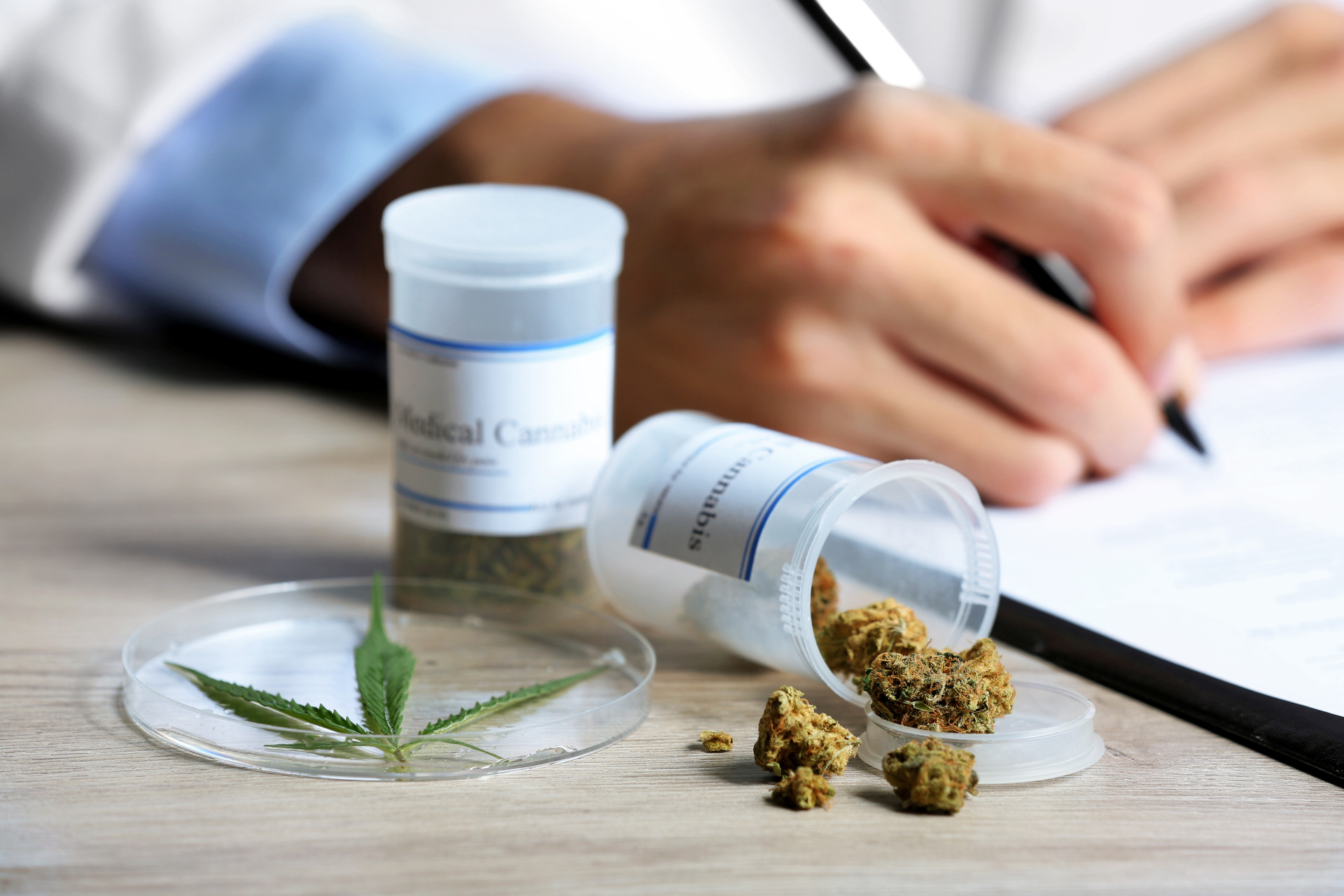
THC carts, short for THC cartridges, have gained recognition for their potential medical uses in managing various health conditions. These convenient and discreet devices deliver the therapeutic benefits of tetrahydrocannabinol (THC) in a controlled manner. In this article, we will explore the medical uses of THC carts and shed light on their potential effectiveness in treating certain ailments.
Chronic Pain Management
One of the primary medical uses of THC carts is in chronic pain management. THC, the main psychoactive compound in cannabis, has analgesic properties that can help alleviate pain. THC interacts with the body’s endocannabinoid system, which plays a crucial role in regulating pain perception.
By binding to cannabinoid receptors, THC can reduce pain signals and provide relief. Patients with conditions such as arthritis, fibromyalgia, multiple sclerosis, and neuropathic pain may find THC carts beneficial in managing their chronic pain symptoms.
Nausea and Vomiting Relief
THC has demonstrated antiemetic properties, making THC carts a potential option for individuals experiencing nausea and vomiting. This is particularly relevant for patients undergoing chemotherapy or those with conditions such as HIV/AIDS. THC’s interaction with cannabinoid receptors in the brain and gastrointestinal system can help alleviate these distressing symptoms and improve overall well-being.
Appetite Stimulation
THC is known to stimulate appetite, and THC carts can be beneficial for individuals experiencing appetite loss due to medical conditions or treatments. This effect, commonly referred to as “the munchies,” can be particularly helpful for patients with cancer, HIV/AIDS, or eating disorders. By enhancing appetite, THC carts may aid in improving nutritional intake and overall quality of life.
Mood Regulation and Mental Health
THC has the potential to positively impact mood regulation and mental health conditions. While the psychoactive properties of THC can induce euphoria, the compound also interacts with the brain’s neurotransmitters, including dopamine and serotonin.
This interaction can help improve mood, reduce symptoms of depression and anxiety, and promote a sense of well-being. However, it’s important to note that the effects of THC on mental health can vary from person to person, and individual responses may differ.
Sleep Disorders
THC has shown promise in aiding individuals with sleep disorders, such as insomnia. By promoting relaxation and reducing anxiety, THC carts may help individuals fall asleep faster and improve the overall quality of sleep. However, it’s crucial to find the right dosage and strain that works best for each individual, as excessive THC consumption can disrupt sleep patterns.
Neurological Disorders
THC carts may have potential applications in managing certain neurological disorders. For instance, THC has been investigated for its effectiveness in reducing muscle spasms and improving mobility in patients with multiple sclerosis.
Additionally, THC’s neuroprotective properties have garnered attention for their potential in treating conditions such as Parkinson’s disease and epilepsy. However, further research is needed to fully understand the benefits and risks associated with using THC carts for neurological disorders.
Conclusion
It’s important to note that the medical uses of THC carts should be approached with caution and under the guidance of healthcare professionals. While THC may offer therapeutic benefits, individual responses can vary, and there may be potential side effects and interactions with other medications.
It’s crucial to consult with a healthcare provider who specializes in medical cannabis to determine the appropriateness and dosage of THC carts for specific conditions.
Leave a Reply